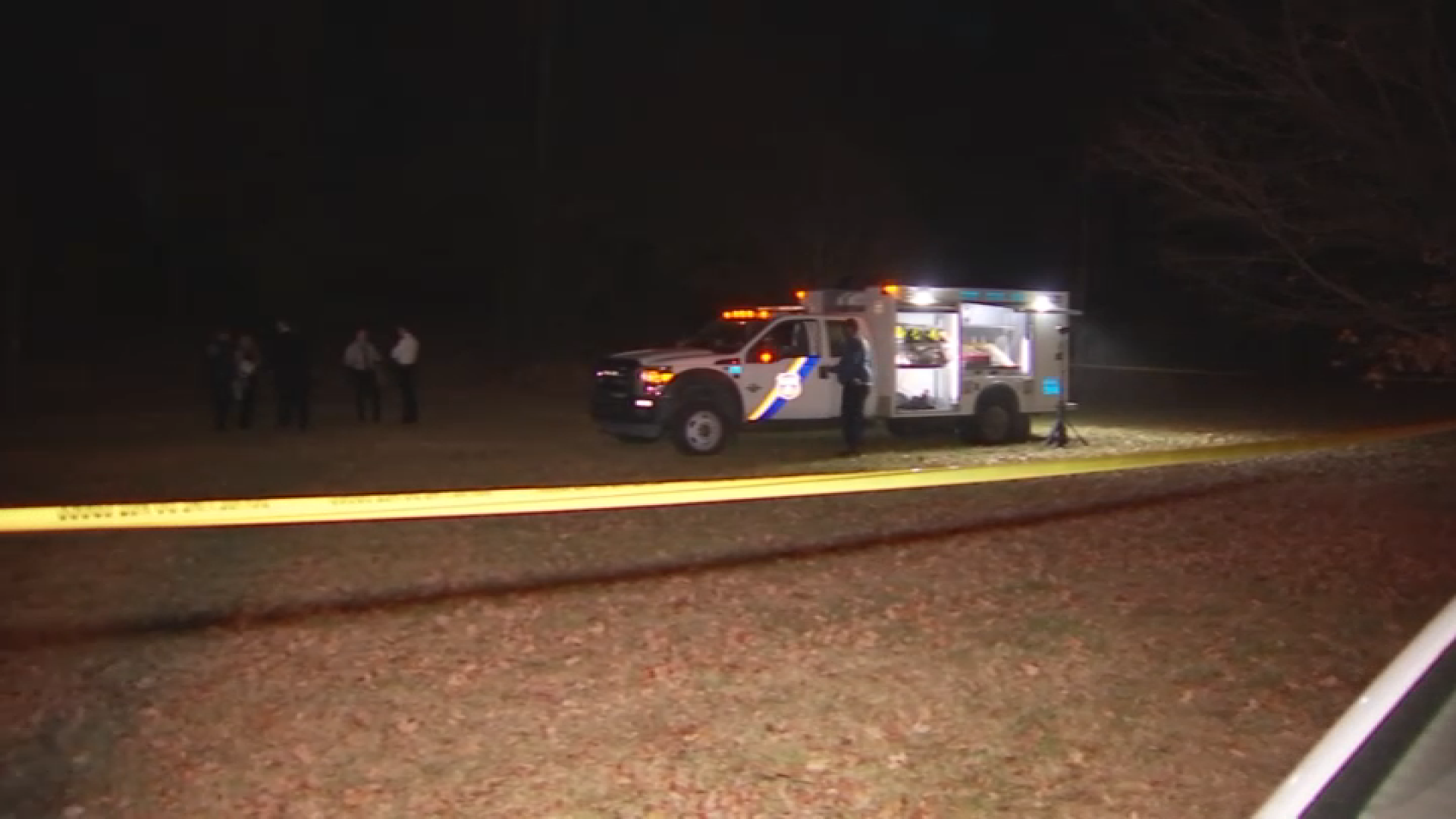To her supporters, Philadelphia schools Superintendent Arlene Ackerman is a champion for children and a passionate fighter for her beliefs.
But to critics she is “Queen Arlene” _ imperious, arrogant and overpaid.
As Ackerman begins her fourth full school year in Philadelphia, she has become perhaps the most controversial leader in the city. There is no shortage of opinions on everything from her $348,000 salary _ twice what the mayor makes _ to her academic programs and management skills.
Ackerman says simply that she is “not a politician, I'm an educator.” And she will not apologize for shaking up schools in the financially and academically troubled district.
“I'm not going to back down,” she said this week.
That shouldn't come as a surprise. Ackerman, with four decades in education, left her job as San Francisco superintendent in 2006 after clashes with school board members over her leadership style.
Philadelphia, the nation's eighth-largest district, knew that when she came here two years later.
Local
Breaking news and the stories that matter to your neighborhood.
“If you show me a big-city school superintendent who's never had a run-in,” Mayor Michael Nutter said at the time, “I'll probably try to show you someone who never tried to accomplish something.”
Ackerman started off by unveiling an ambitious strategic plan called Imagine 2014. It includes her signature “renaissance schools” program to overhaul chronically failing schools by replacing staff, including some principals; turning them into charter schools; or giving them new academic structure.
Ackerman also introduced Parent University, an outreach effort to help parents become more involved in the education of Philadelphia's 203,000 traditional and charter school students.
And while standardized tests show only about half of city students working at grade level, scores have increased nine straight years _ including at some of her restructured schools that go by the name Promise Academy.
But Ackerman had the misfortune to be at the helm for this year's devastating reductions in state and federal aid, which led to a record $629 million budget hole, 3,000 pink slips and major program cuts.
She also stumbled in handling racial violence at South Philadelphia High School in 2009. Administrators eventually agreed to state and federal oversight after a Justice Department investigation of how the district dealt with tensions between blacks and Asian students.
Moreover, some scores have been marred by cheating allegations. And some communities have resisted the transformation of neighborhood schools.
Some see Ackerman as aloof and accountable to no one, an image reinforced by school board members who rarely debate or question her in public.
Helen Gym, a parent activist who once taught in the district and who has worked with several superintendents, called Ackerman “polarizing and divisive.” Gym said Ackerman has pitted schools and communities against each other and created a vitriolic atmosphere that will be her legacy as much as any academic improvements.
“Just because test scores go up doesn't mean a school district leader gets a free pass on everything else,” Gym said.
Ackerman, though, has earned the admiration of parents like Gloria Thomas. She described Ackerman as accessible and attentive to parents during neighborhood round-tables, and said her critics may simply be intimidated by a strong woman.
“She cares about our children,” Thomas said this week. “She follows up what she says with actions.”
Thomas also spoke at a school board meeting Wednesday that brought more bad news from the district budget chief: Final state aid figures meant another $35 million in cuts _ meaning only three schools, not the planned 11, will be restructured under Ackerman's Promise Academy model.
That means trouble Sayre High School _ where Thomas' son is a rising junior _ will not be overhauled this year. Thomas and others were upset.
“Why would you cut Dr. Ackerman's promise?!” yelled one audience member, setting off a raucous exchange with another spectator who made repeated references to Ackerman's salary. The meeting got more heated later, with Ackerman supporters chanting “Stay! Stay! Stay!”
Yet that seems less and less likely.
The superintendent lost the support of the teachers union after protecting Promise Academy staff from layoffs despite their lack of seniority. That led to a lawsuit _ now in arbitration _ and to the union president calling for Ackerman to step down.
And the mayor recently forced the district to sign an “accountability agreement” that gives the city and state unprecedented access to the schools' financial data. The document paved the way for a reluctant City Council to raise property taxes to help cover the school's deficit.
Then on Wednesday, the city-state panel that oversees Ackerman and the district issued a terse, less-than-ringing endorsement as rumors swirled that officials were trying to buy out her contract:
“The School Reform Commission remains committed to working with Superintendent Arlene Ackerman as stated under her employment agreement with the School District of Philadelphia.”
The average tenure for an urban superintendent is about three and a half years, according to the Washington-based Council of the Great City Schools. The coalition of 65 big-city districts named Ackerman best urban superintendent in 2010.
Ackerman's contract was recently extended through 2014, which would give her six years in Philadelphia.



